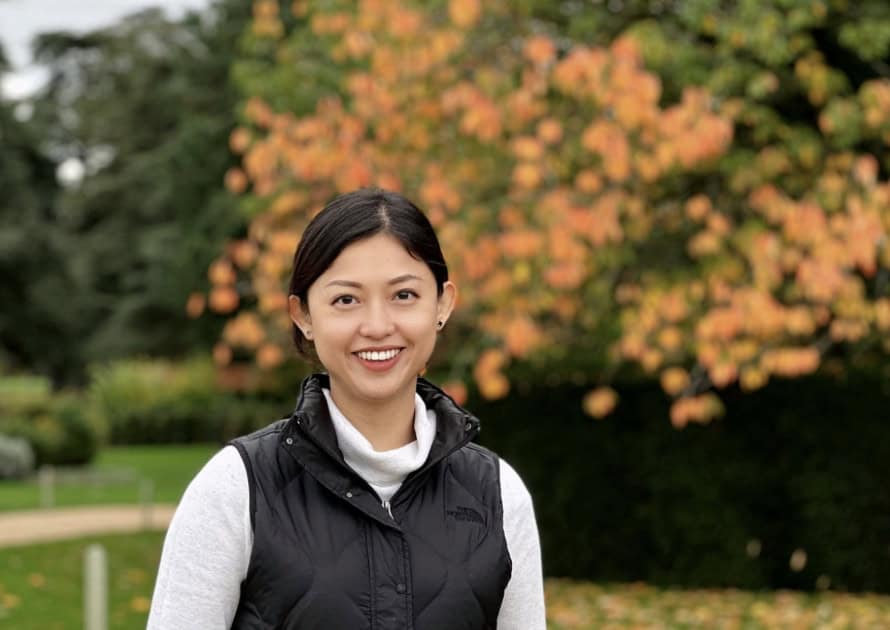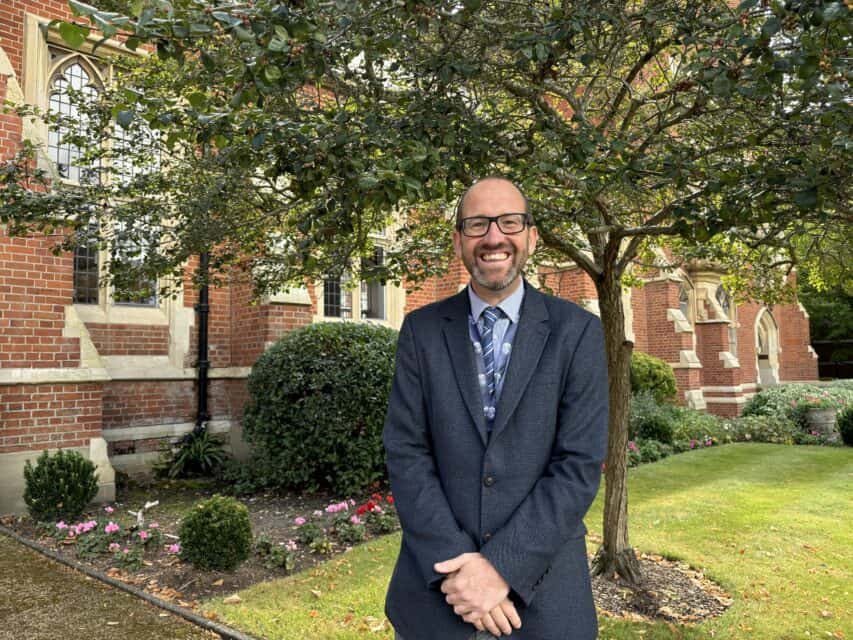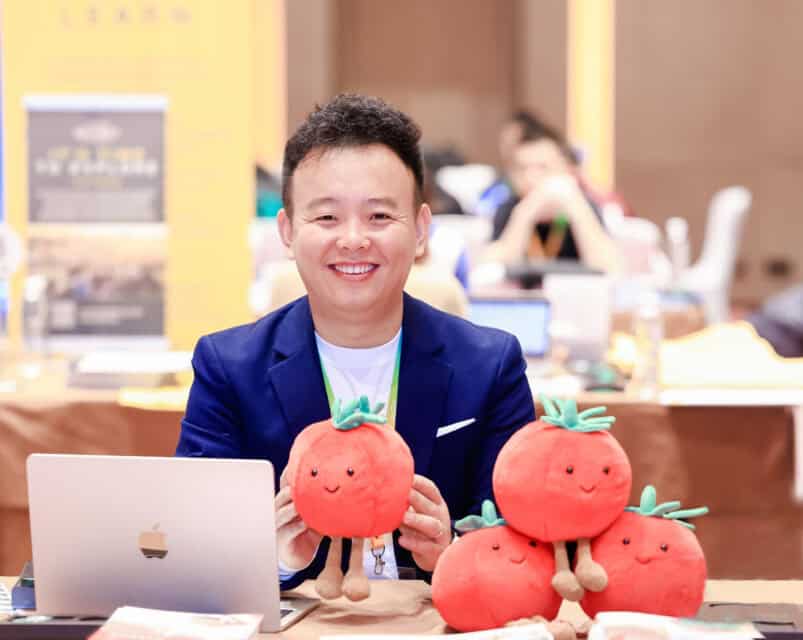Graduate of��Bombay University,��Sumeet Jain never studied abroad. But as co-founder of Yocket, he has still created a successful business operating out of India to allow other students to gain opportunities he never had.
Сư�洫ý: What is and what you do?��
Sumeet Jain: Yocket is an online platform for students and working professionals who aspire to study abroad to find ideal universities, programs, scholarships as well as engage with other aspirants, universities and service providers. We do not have any kind of offices – students sign up, interact with each other and make decisions online.
“We saw a lot of people struggling to find the right school”
We started the website because we saw a lot of people struggling to find the right school. We also noticed that one reason why people could not study abroad was that it is a very overwhelming process –��studying overseas was only for the rich kids with very good financial backing.
Now, we now have almost half a million registered users. We utilise all the data users put in and we��have a lot of tools to help students look at brands, opportunities and find the best suited courses for them.
Сư�洫ý: And those users, are they all in India?
SJ: I would say 90% of them would be in India. Right now a lot have travelled to the US, Canada or UK, but most of them, their source country is India. We have good presence in neighbouring countries like Nepal, Bangladesh, Pakistan, and also in Nigeria and Ghana. Especially in the last few years, we have seen tremendous growth over there.
Сư�洫ý: You call your members Yocketeers, right? What sort of thing are they talking about on the platform?
SJ: It depends where they are in the journey. At the beginning, they would be talking about something as fundamental as is it worth studying abroad, to��then maybe discussing about the right time to take tests, best materials to study from, which universities to apply for – that’s actually one of the most important things for most of the students.
The hot topic if you want to know right now, is about visas. Have you got your appointment, how is the process going?
Сư�洫ý: And what does that��interaction actually��look like – is it like a Reddit page?��
SJ: One option is the discussion forums, which is��like a floor where you choose a topic to discuss and start��your own thread.��We categorise those posts depending��on which phase the student is in, so it could be about��test prep,��shortlisting,��documentation etc.
On our app, we have the��group chat for university specific groups, which users are automatically added to as soon as they put your interest in a specific university.��You have an option of creating your own group as well, and also personal chat with each others, through one-on-one DM. You could think of it like a social media community, but specifically for studying abroad.
Сư�洫ý: What does Yocket contribute to those conversations – do you have control over that or give advice?
SJ: In the groups, it’s a very minimum control that we have. We try to disseminate as much official information as possible from reliable sources. But just like WhatsApp, we have so many groups, it’s��practically impossible for us to monitor every part.
But we monitor forums and try to disseminate the right information��to create the real picture for students.��We also invite speakers –��university��officials,��visa officers and��industry experts – to talk to the students directly.
Сư�洫ý: What is your business model?��
SJ: We look at monetising the three stakeholders on the platform – students, the universities and the service providers.
On the current platform, as a free user, you are restricted on certain things, whereas our paid for premium services offers students personalised help. We provide premium users with complete help in the whole process, and they are appointed experts to give unbiased aid – it’s not that we only help with universities which we partner with.
“Because universities couldn’t travel this year, they’ve chosen to be a part of a lot of our virtual fairs”
On the��universities side, we help with marketing and��reach out to students. Because universities couldn’t travel this year, they’ve chosen to be a part of a lot of our virtual fairs, which we have been doing since 2017. We’ve launched events all across the globe, in Africa, the Middle East, Asia, Southeast Asia, South Asia.��In India, I can say that we have students from more than 200 towns and villages – any university cannot reach by just travelling to those places.
We have��marketing to expand a university brand in this region,��mailer options, notifications in the app,��banners,��all of these features of branding.
Very recently we’ve just started InSights, where we are going to be giving analytics and conversion activity��for universities – they currently have data of the students that have applied, but not the ones who have not.
And third is the service provider. We understand that when a student is moving from one country to another, there is a new identity that they create of themselves in a different country, which requires a lot of services.
Studying abroad is an expensive affair, so availability of credit is very important. So we work with a lot of loan providers, lenders, banks and international providers. Very soon we’ll be working with accommodation as well.
Сư�洫ý: How do you ensure unbiased advice to students when you also provide marketing for universities?
SJ: It is��two different businesses.��One is the university marketing, and the other is the premium student services.��If a student wants to apply to a university, and it’s not partnered with us, it doesn’t matter. If and only if a university and coursework is in the best interest for students, they are encouraged to apply to that.
If a student is the right potential candidate for a university that has partnered with us for marketing,��we will show them those, but we don’t push the student for anything.��If a university is on an agency contract with us, the��front end team doesn’t know about that.
“This year we plan to service at least 10,000 students on premium”
We are partnered with maybe just 100 universities at this time, but we have students who have applied and gone to more than 400 universities. We have students who have gone to the English-speaking traditional destinations, but also students going to Germany, Poland, Netherlands. And we do not have a partner in any of those countries but our students are going there.
Сư�洫ý: I also noted that this year you’re .��
SJ: We have hired a staff of more than 100 already. But we are looking to hire another 300 this year, mainly for our student servicing team on the student front. We need to ensure that our tech is strong too. Apart from that, there are a lot of small roles we have for product or service.
This year we plan to service at least 10,000 students on premium.��At this moment, we have around 2,000.
Сư�洫ý: For those users, how do you know if a university is a��best fit for a student, and how do you know your algorithm works?
SJ: Our decisions are data backed. If you��have one person advising 100 students, you can rely on that one person, but at 10,000 students, you cannot do that.
We first understand the students requirement, and shortlist universities by deploying machine learning. So if you put in your complete details, you will be able to see the right kind of universities that students with similar profiles in the past have applied to, and where they have been successful in getting admitted.
“Right now there is a lot of noise around the aggregator.��We get asked why we’re not moving to that”
For the��final decision, the core is tech,��but it is delivered by a human.��If someone were to just give you a list of universities, there might be some doubt in your mind around why this list being suggested as this. Delivered together, you have that confidence in suggested study options.
Right now there is a lot of noise around the aggregator.��And a lot of times we get asked why we’re not moving to that. I’m not saying that that’s a wrong model, that’s each to its own,��but we are so focused on student, we need to ensure that we control that experience for student.
A few years ago, you needed to be in a mom and pop shop where your local counsellor is sitting in Hyderabad for example. But today, especially in these times, I have a few students from Nigeria, Kathmandu, Dhaka, all of them are looking. I don’t see why I should introduce some kind of a middle man there who has the potential to ruin an experience.



